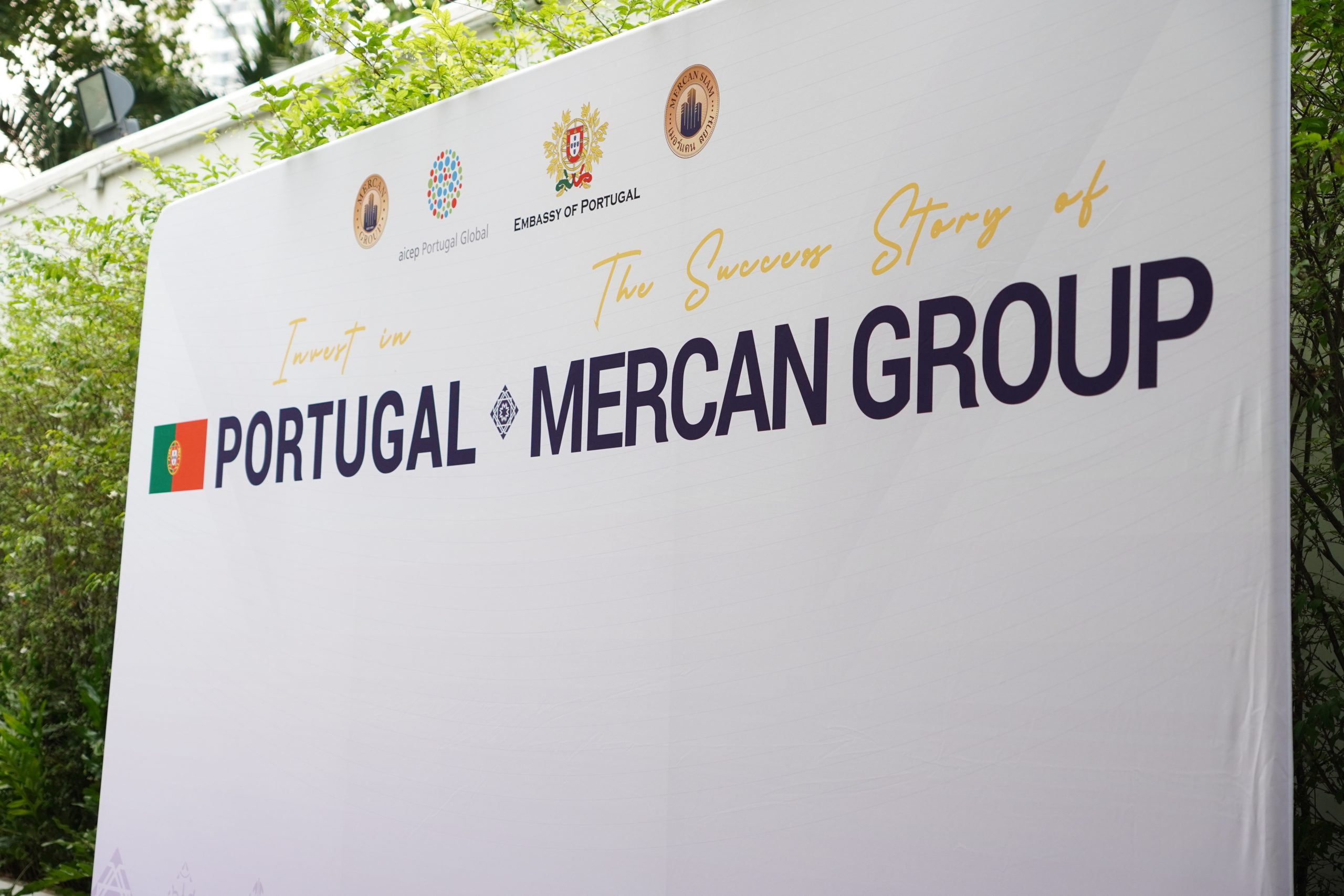Greece’s Property Transfer Costs Remain Competitive in Europe
- 25 June, 25
Amid generally high real estate transaction costs across Europe, Greece maintains medium-level property transfer fees, offering a relatively attractive option for homebuyers planning to invest in European real estate. According to the latest data, the total transfer cost for purchasing property in Greece ranges from approximately 5.9% to 8%, giving it a clear advantage over high-tax countries in Europe.
Tax Exemption for First-Time Homebuyers
In Greece, first-time buyers of a primary residence (First Residence) are entitled to a transfer tax exemption on purchases up to €275,000. For any amount exceeding this threshold, a 3% transfer tax applies — a significant reduction compared to historical rates of up to 10%.
Example:
- Property value: €300,000
- Amount exceeding exemption: €25,000
- Tax payable: €25,000 × 3% = €750
In addition to the transfer tax, buyers must also cover notary fees, legal fees, and land registry (Cadastre) fees. Overall, the total transaction cost for a €300,000 property in Greece typically ranges from €17,000 to €24,000.
This relatively low cost not only improves transaction transparency but also discourages underreporting of property values — a practice that was once widespread due to high tax burdens — thereby promoting the healthy development of the real estate market.
Comparing Property Transaction Costs Across Europe
Real estate transfer costs vary significantly across European countries. Buyers are advised to understand the applicable taxes and fees in each country before making a decision.
- Greece: Total transaction cost is about 5.9% to 8%. First-time homebuyers can benefit from a €275,000 tax exemption, with the excess taxed at 3%. The overall burden is considered moderate.
- Belgium: Transfer costs range from 7.2% to 17.5%, making it one of the highest in Europe. Tax rates vary by region.
- Italy: Costs can reach up to 15%, especially for second homes or non-primary residences.
- UK: Stamp duty can go as high as 15.1% for second homes or investment properties. First-time buyers receive certain benefits.
- Netherlands, Spain, France: Total costs range from 11% to 14.9%, with relatively heavy taxes and fees.
- Portugal, Germany, Malta, Luxembourg: Costs range from 10% to 14%, depending on the city, property type, and buyer profile (local or foreign).
- Cyprus: Costs can be up to 10%, making it a popular destination for overseas investors.
- Bulgaria: Costs can go up to 10.5%, considered medium-level and suitable for budget-conscious investors.
- Denmark, Estonia, Slovakia: Transfer costs range from 0.5% to 3%, among the lowest in Europe and increasingly attractive.
Example: Property Purchase Cost Comparison (for a €300,000 Property)
- Greece: €17,000 – €24,000
- Belgium: Minimum ~€21,600; can reach up to €52,500
- UK: For a £500,000 (~€580,000) property, stamp duty is ~€14,600 (first-time buyer)
- Estonia: Similar-value property incurs only ~€1,000 in taxes — among the lowest in Europe
Tax Reduction Supporting Market Recovery: Greece’s Appeal is Growing
In recent years, Greece has carried out ongoing reforms to its property tax regime, notably lowering transaction costs, which has significantly boosted the appeal of its real estate market — especially for foreign buyers. Transactions have become more standardized, with a significant rise in contracts reflecting actual market prices, signaling improved buyer confidence.
Combined with Greece’s strong tourism sector, evolving immigration policies, and changes to the Golden Visa investment thresholds, the improvement in the property tax environment is becoming a key factor influencing buyer decisions.
Moderate Costs, Competitive Tax Environment in Europe
While Greece doesn’t have the absolute lowest property transaction costs in Europe, it stands out for its exemption policies, transparent tax structure, and balanced overall burden. For buyers planning to live in the property or invest long-term, Greece offers a compelling combination of low risk, moderate taxation, and high investment potential among European countries.
Cre: news.b2green.gr















































